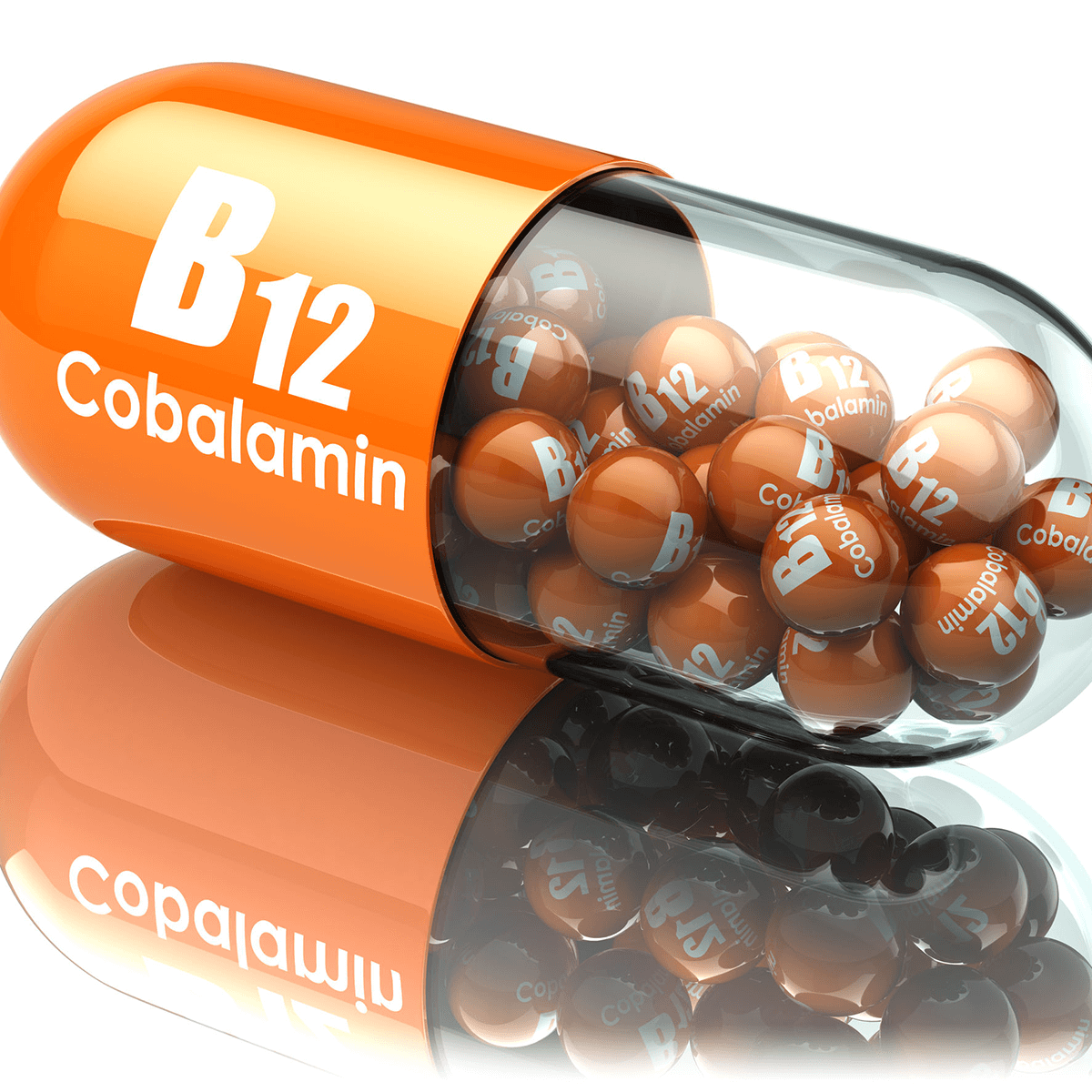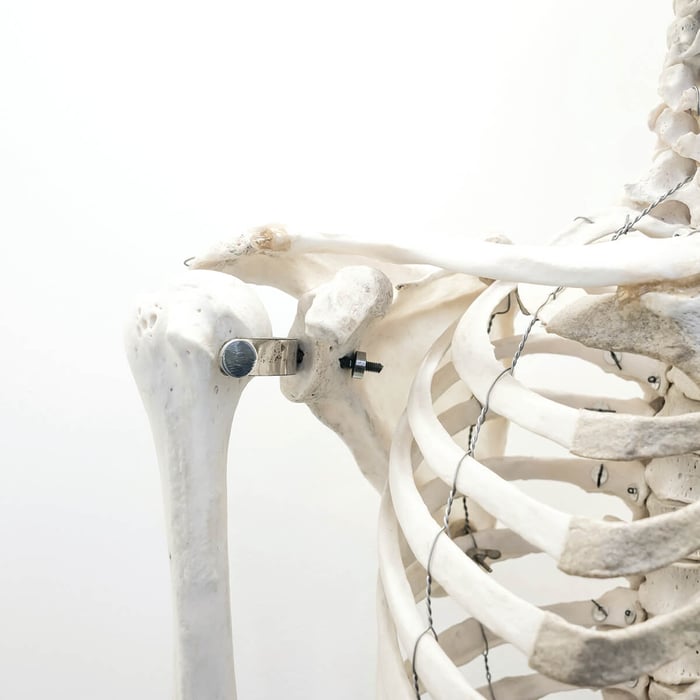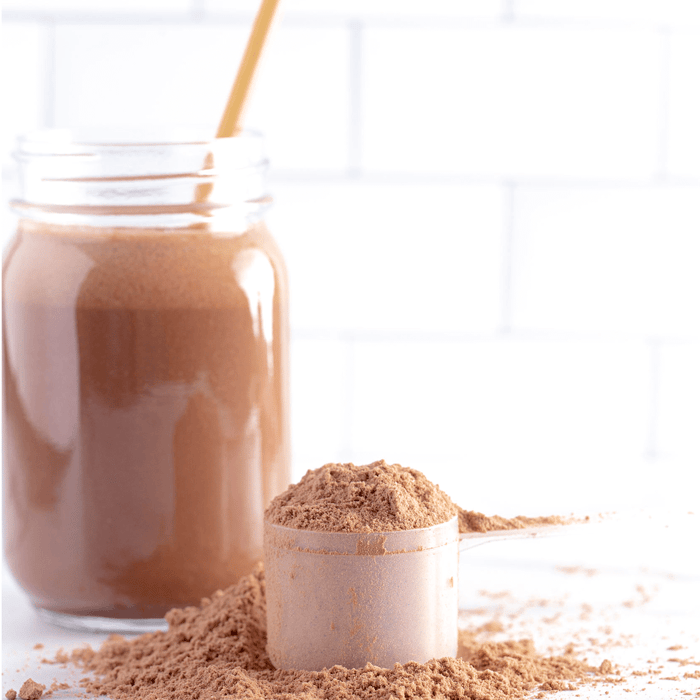Vitamin B12 Absorption Following Bariatric Surgery
Lifestyle
February 5th, 2020

As Celebrate does with all our bariatric vitamins, we put much thought and consideration into our formulation and are never done looking at ways to improve our products for bariatric patients. We defer to the research and the vast knowledge we gain from working with many of the top-notch bariatric programs across the nation. Some basic information on vitamin B-12 deficiency is outlined below:
- Pre-op vitamin B12 deficiencies occur in 5-29% of bariatric patients.
- Post-op vitamin B12 deficiencies occur in 37-70% of bariatric patients.
- Lab tests for vitamin B12 are not the most reliable. More reliable tests (i.e. homocysteine and methylmalonic acid) are often expensive and not routinely performed by most bariatric programs due to the cost of these tests.
- Deficiencies of vitamin B12 may not appear for 5+ years after bariatric surgery.
- Most bariatric patients prefer to simplify their vitamin routine so increasing the vitamin B12 dosage helps reduce the number of supplements most patients have to take. *
A common question asked frequently is: Will I still absorb the vitamin B12 or does it need to be sublingual?
The simple answer is YES. A more thorough answer challenges us to explore the process of vitamin B12 digestion and absorption.
Digestion and Absorption
Vitamin B-12 deficiency is a fairly common issue in the bariatric patient population because of the complex process involved in absorption. When we eat food sources of vitamin B12 (e.g., milk, cheese, eggs, meats), the vitamin B12 must first be removed from the proteins in the foods using acid produced by the stomach. This task is more challenging with smaller stomachs (the stomach is 80-90% smaller in the bypass and sleeve) because of the reduced gastric acid volume. Then the vitamin B12 must combine with an intrinsic factor; the intrinsic factor is produced by the stomach and combines with the vitamin B12 in the duodenum, the first part of the small intestine. Again, this step is limited by the smaller stomach size and even more limited in the bypass surgery patients since the duodenum is bypassed. If all these steps have taken place, the vitamin B12 is absorbed further down in the small intestine in the ileum.
Sublingual versus Oral Vitamin B12
The long-winded answer also compares oral vitamin B12 (the kind in our multivitamins) to sublingual. A study comparing 500 micrograms (mcg) of oral, sublingual, and vitamin B12 in a B-complex demonstrated similar blood levels of vitamin B12 and therefore similar absorption from all three products (Sharabi, Cohen, & Garty, 2003). Even without any intrinsic factor, one to two percent of oral vitamin B12 is still absorbed. Therefore, if you consider 500 mcg of vitamin B12 and a one percent absorption rate, patients should expect to get 5 mcg of vitamin B12, over two times the recommended intake of 2.4 mcg per day for males and females over 18 years of age.
Do I Get the Same Amount of Vitamin B12 from My Over-the-Counter Vitamins?
While oral vitamin B12 is a sufficient delivery system, there are multiple factors to consider. Over-the-counter vitamins (i.e. non-bariatric brands found at your local pharmacy or supermarket) generally contain 12 mcg of vitamin B12. If you do the math on absorption rates, this leaves you with 0.12 mcg of vitamin B12, much below the body’s requirements as far as what the general population requires, let alone what a bariatric patient requires. Furthermore, Celebrate Vitamins uses a combination of vitamin B12 forms, fifty percent cyanocobalamin and fifty percent methylcobalamin. Some people absorb one form better than the other, so we have you covered no matter what.
Should I Just Get Vitamin B12 Injections Instead?
A systematic review of randomized controlled studies showed similar results from injections and oral vitamin B12 (Butler, Vidal-Alaball, & Cannings-John, 2006). This means multiple studies came to the same conclusion: oral vitamin B12 is an adequate delivery system for vitamin B12. If you prefer to stick yourself with a needle once a week, be our guest, but most patients opt for the simpler route of choosing a high-quality bariatric multivitamin.
Why is Vitamin B12 so Important Anyway?
Vitamin B12 is required for the metabolism of proteins and carbohydrates. In other words, it helps us access energy from food. It is also necessary for new cell production, especially cells found in the gastrointestinal tract, bone marrow, and nervous tissue cells. Without vitamin B12, we might experience numbness and tingling in our feet, stiff or weak legs, impaired mental status such as confusion or depression, and/or a beefy red tongue. Besides being a bariatric patient, you might be further at risk for deficiency if you follow a vegetarian or vegan diet or battled with a pre-op deficiency. Additionally, the risk of deficiency goes up as we age because our body naturally produces less intrinsic factor.
In a nut shell, you can feel comfortable taking Celebrate Vitamins knowing you are getting quality bariatric vitamins in a delivery form appropriate for your health as a bariatric patient. As always, we hope to support your weight loss journey by offering a variety of bariatric vitamin options at the best value. We want you to CELEBRATE weight loss, no vitamin deficiencies, and the option of taking great tasting bariatric vitamins all with one brand - Celebrate Vitamins!
*Please continue to follow-up with your bariatric surgical team for routine lab testing and follow the supplement regimen they recommend.
References:
Vitamin B-12 Melts, 1,000 mcg

$17.99
Our supplement features the most bioavailable form of B-12—methylcobalamin—to optimize absorption and prevent deficiencies. Delivers 1,000 mcg of vitamin B-12 in less than a minute through the use of quick-melt technology. Also contains 333 mcg of folate. Available in great-tasting… read more



